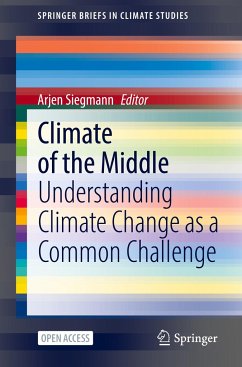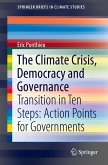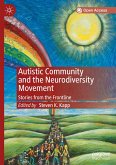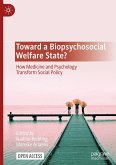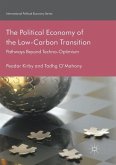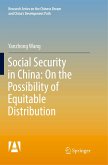This Open Access book presents a multidisciplinary perspective to increase our understanding of climate policies that are rooted in the natural moral inclinations of people, families and firms. Which policies prevent a widening gap between higher and lower educated people? Which policy instruments are there, and how could they be used? What is the role of free entrepreneurship?
In this book, academics from different fields have brought together their knowledge and expertise to reflect on the following three questions:
How are the polarised positions on climate change of different groups related to their moral outlook, world view, tradition, cultural norms and values? What is a good distribution of responsibilities between firms, households and the government relating to climate change? What are possible avenues where the climate policies are a natural extension of moral inclinations of families and firms, such as the stewardship forthe natural environment and the climate?
This book will be of interest to policy and decision-makers, students of social and behavioural sciences, and those interested climate change policies and how this effects our lives
In this book, academics from different fields have brought together their knowledge and expertise to reflect on the following three questions:
How are the polarised positions on climate change of different groups related to their moral outlook, world view, tradition, cultural norms and values? What is a good distribution of responsibilities between firms, households and the government relating to climate change? What are possible avenues where the climate policies are a natural extension of moral inclinations of families and firms, such as the stewardship forthe natural environment and the climate?
This book will be of interest to policy and decision-makers, students of social and behavioural sciences, and those interested climate change policies and how this effects our lives

